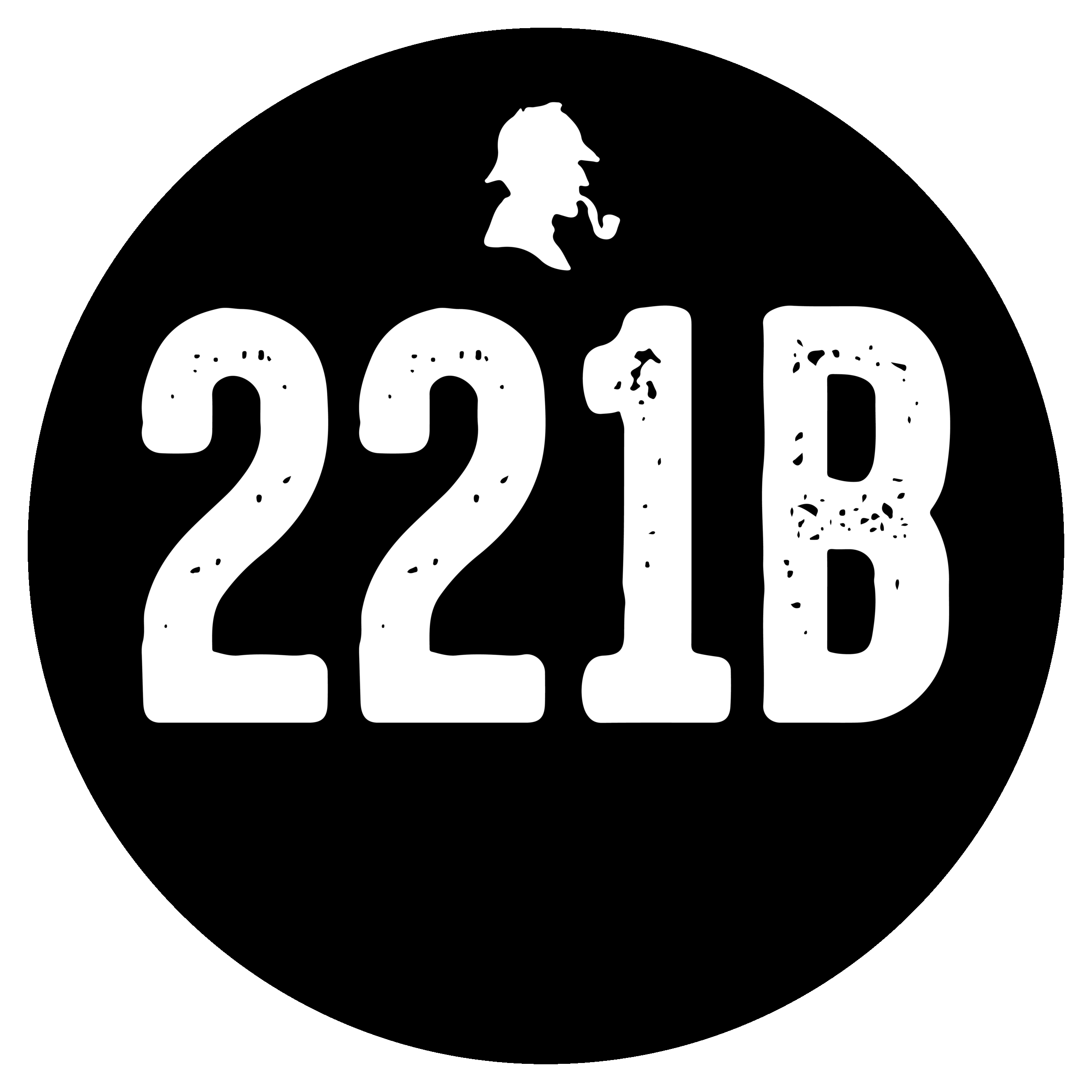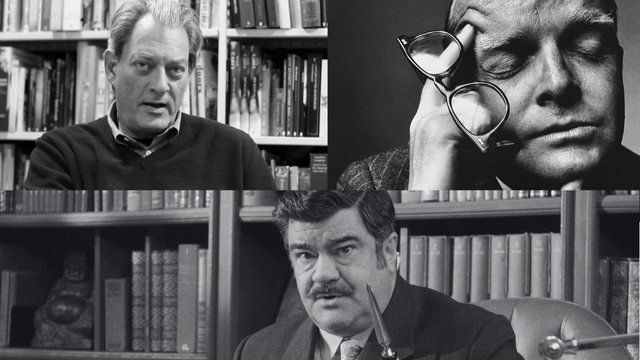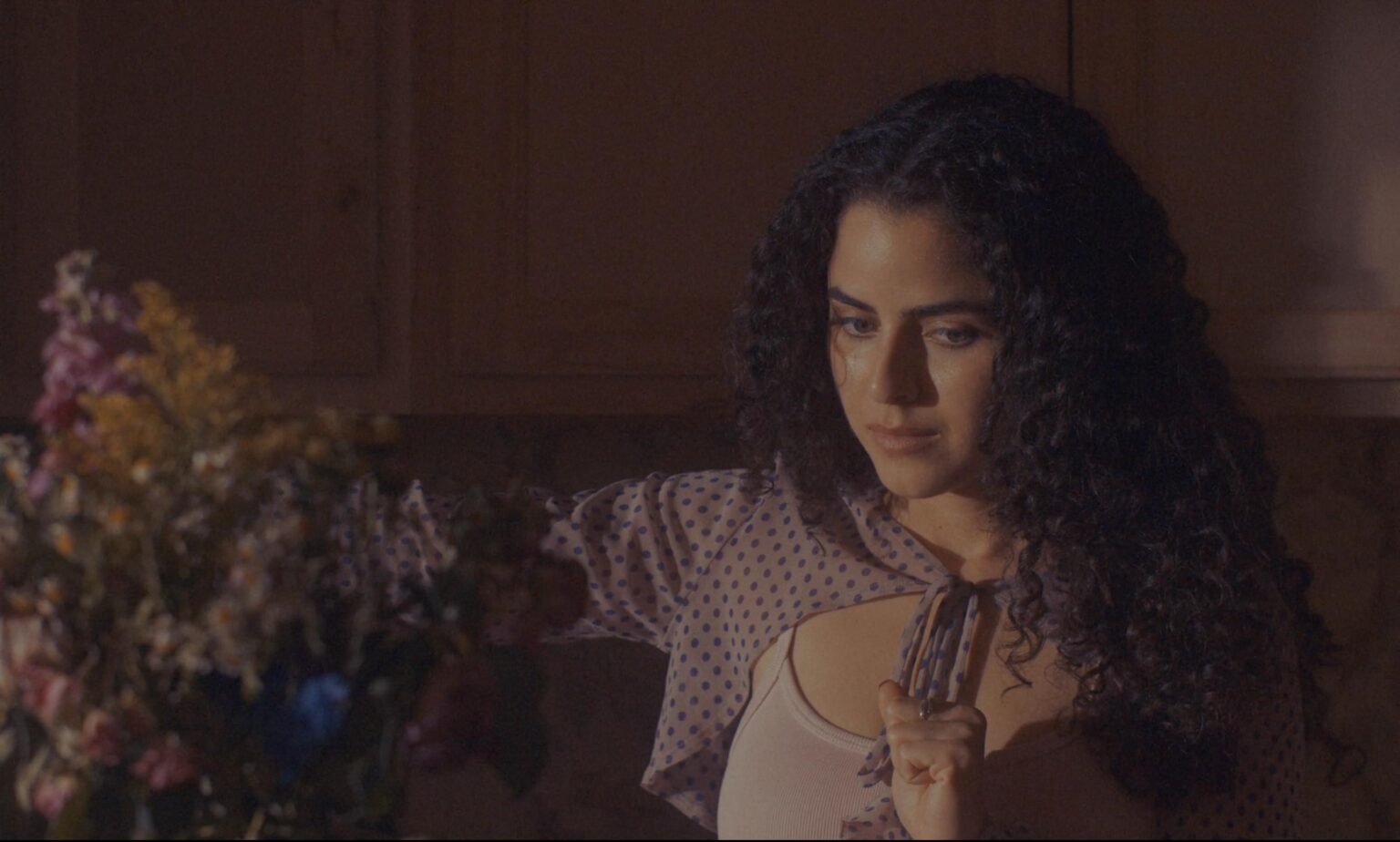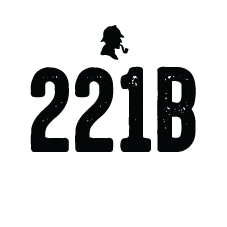I want to start with the Harry Hole series. This is the 12th book and we cannot get enough of them. What are your future plans for Harry Hole?
Jo Nesbo: I cannot tell you (laughing). It is sort of the part of the tradition of the genre. You can’t really tell how many books there will be or how it’s going to end. That is part of the story that remains to be told.
Was it always you plan to make this a series when you wrote the first novel, The Bat?
Jo Nesbo: No, no it wasn’t. Not even when I wrote the second novel, Cockroaches. When I wrote the first novel, I was pretty sure it wouldn’t get published, because it was my first attempt at writing a novel. I didn’t give my main character that much thought. I mean of course I gave him thought in the process of writing, but it wasn’t like I was planning for this to be character that I will keep writing about. So, it wasn’t until the third novel, The Redbreast, that I sort of realized that this is an interesting character, I want to stick with this character for a while. And then I would sit down and write sort of a long storyline for Harry and I am still sticking to that storyline. There have been a couple of detours that I didn’t plan of course but I plan the main events in Harry’s professional and private life.
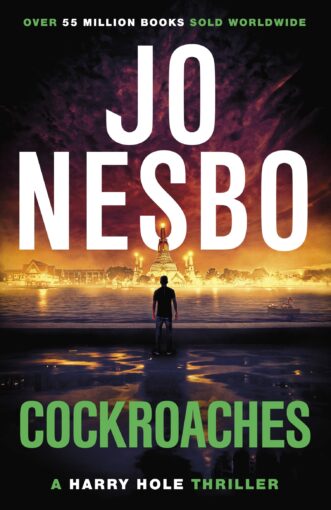
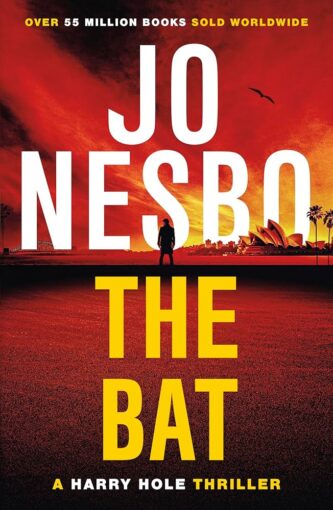
Which books are your personal favorite?
Jo Nesbo: It’s really hard. For me the most personal book is The Redbreast because it’s about my father’s story during WWII. But I guess also Knife, the last book. I really enjoyed writing that one. It is a special book for me.
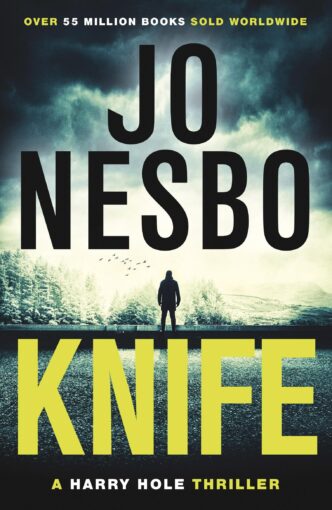
What can you tell us about the knife?
Jo Nesbo: Well I can tell you that it started with a title. I had used knife as a working title because this word does not sound like a title for a novel. I did some research on American psychologists who work for the American army. I did research on the history. How people killed each other. What is the mental block for a soldier? What prevents a soldier from killing their enemies? It was of course knowing somebody, being close to somebody. Realizing that it was a human being just like you. So, you have to dehumanize the enemy. The hardest thing is to understand how a soldier kills with a knife. Because with a gun, from a distance it is quite easy to kill somebody. Then you can dehumanize them. They are on the other side; they are far away. When you come up close, when you see somebody, you can feel them in a close battle. You can smell them. Then there is no way around the fact that this is a human being. So that was sort of the theme of the book. Here it’s up close, people are in circle. It’s just the idea of killing somebody with a knife. That it’s so hard killing somebody with a knife.
You’ve been a football player, a musician, an economist. How did you happen to write crime novels? Was is always something you were interested in?
Jo Nesbo: Not crime fiction but writing and reading was always among my interests. I grew up in a home where my mother was a librarian, my father was a good book reader. I started reading books when I was really young. My mother would bring lots of books from the library and I would just go through them. So also coming up with stories, telling stories. Not only telling them, just sitting in the back of the family car on our way to summer holiday with my grandparents. That would be like an eight-hour drive. My brothers would be bored. I would just sit there looking out the window, seeing a house, making up a story about people living in that house. I would just make up stories.
What do you think attracts readers to crime fiction? Not only fiction but also true crime. We are fascinated with the depiction on the crime and the criminal. What lies behind this?
Jo Nesbo: It could be in a way like watching a catastrophe. It’s awful. That is the impossible part of it. And the best part is that it’s not us. So, you can watch something from a distance. It’s both fascinating and appalling in a way. I can remember watching the tv series, the English version of The Office. Some people find that too hard to watch. I have some friends who just can’t watch it because it’s so embarrassing. For me, I have to and love to watch because you’re so glad it’s not you. But you also sort of realize it could have been you. You can put yourself in that position. You have had some situations in your life where you’d be any of these characters in that show, you know. I think the crime novel is sort of the same thing. I spoke with a famous film director. We were talking about Hitchcock and what really triggers us as readers or viewers, and he told me about Psycho. This murderer in psycho is trying to push a car into the lake with a body in the trunk. But he is having a hard time getting the car into the water, there is a mechanical problem. He told me that all these viewers, they don’t know it but they all really want the car to go into the lake. That is because if somebody has a problem, even if it’s the villain, even if it’s the antagonist of the story we want the problem solved. We want them to achieve. There are some interesting mechanisms in storytelling that makes it as easy to sympathize with the criminal as with the investigator. Have you read American Psycho? Isn’t it strange that in this shocking and appalling story, when you learn that the police are on his track, you are certainly nervous that he will get caught?
You once described crime fiction as the punk rock of literature. What do you think makes a good crime novel, a well told crime novel?
Jo Nesbo: First of all, I don’t think that there are any rules. On my way here I read a story by Matias Faldbakken, he used to be very experimental writer. And this is experimental story too. Small town novel meets domestic thriller meets Mary Shelley’s Frankenstein. But it works beautifully. I look at the story and he has not followed any rules. There are no rules at all, it’s just a story and it works great. Analyzing the story is good when the story doesn’t work. I think that is the point when you gain something from sitting down and analyzing the structure of the book, the elements of the work, what works and what doesn’t. But if you start out with a story asking what it takes to make s story work, then you are starting in the wrong end. I think you should start with no ideas on what works and what doesn’t work. The question is, does this idea, does this story make something tingle? Does it make us curious? I don’t have a method; I don’t have any rules. I can talk about the structure, the craft of writing. I love to talk about that. But that is what comes afterwards. The story is first, the craft is something that comes later.
There are plenty of elements that separate Nordic crime writers from one another. But there are also common themes like the Nordic setting the troubled detective or the sociopolitical background of the society. Can talk about the Scandinavian crime fiction?
Jo Nesbo: First of all, I’m not really into Scandinavian crime fiction. Of course, I have read some of the writers but not all of them. I’m not a specialist on Scandinavian crime fiction or crime fiction in that matter. I have my favorite writers like Jim Thompson. Apart from that I read more other fiction rather than crime fiction. But of course, Scandinavian crime fiction is a tradition from the seventies that began with Swedish writers Sjöwall and Wahlöö. What probably distinguishes Scandinavian crime fiction from crime fiction of other countries is that Sjöwall and Wahlöö introduced the political thriller with an agenda of analyzing and criticizing the society and how a seemingly perfect society doesn’t work on all levels. This became sort of a tradition during the 80’s and 90’s. Crime writers had this mandate to criticize the society and to focus on social issues which is a good thing. In other countries it may seem a little strange that this mandate was taken away from the traditionally political writers of the serious literature, of the philosophers like Jean Paul Sartre and that generation of writers and was put in the hands of crime writers. But for myself I have of course one foot in the Scandinavian tradition and my other foot is planted in the American literature. My father grew up in America and so he would bring American literature to the house. I grew up reading or being read Mark Twain, Jack London or James Fenimore Cooper you know, big American story writers. So, I don’t necessarily see myself as a typical representative of crime fiction.
What’s the process of writing like for you? Do you have a routine? Do you do research? How do you know that you found the right story?
Jo Nesbo: If I wake up in the morning and if I’m still thinking about the idea from the last night. Sometimes it’s good to come up with an idea and give it a day or two and if you keep on thinking about the story, developing the story like I was doing sitting in the backseat of my family’s car. You’re probably onto something, you cannot let the story go. Often, it’s good for me if I have the story. It starts with something that could be anything, just an idea. Not necessarily the perfect murder. It could be a character, a place, it could just be a social situation. If I see the whole story and I am curious about, if I go like somebody needs to hear this story, I need to tell this story. Storytelling, like any other cultural expression, is almost always a reaction to the culture in general, a comment on what is around you. It’s like a conversation, somebody says something and what you say in turn is a reaction to that thing being said. I feel like writing, making music is sort of the same thing. It doesn’t exist in a vacuum. It’s in a certain context. I guess even if you think your idea is not a product the times and the culture but of course it is. An idea that is a good idea and interesting idea now might be a bad idea in ten years. You can’t really put ideas in a drawer and take them out again ten years like and look at them because there is no longer a comment on the times and the culture.
If you had the chance, what true crime story would you have Harry Hole working on? What true crime story would you like him to investigate?
Jo Nesbo: I would like him to investigate a certain story. When I was twelve years old somebody stole my bicycle outside the cinema in my hometown Molde. I can’t really understand (laughing)… Of course in the Italian movie, Bicycle Thieves you can understand him but it was during the depression and a bicycle was something that would make an income. But when I was 12 in Molde there was no reason to steal a bike that you can see that some kid was depending on. I’m not that hard on people stealing BMW or Mercedes or Portches but stealing bicycles? I just hate that. I would like Harry to really come hard down on some thief stealing bicycles from kids.
For our magazine 221B, for five years, I’ve been writing a series of articles, I examine what detectives eat and drink and how this relates to their character. I also examined Harry Hole; I mean we know he is a heavy drinker but…
Jo Nesbo: He does not eat.
Yes, he doesn’t eat much. His favorite place is Burger and Beef, he goes there he eats a muffin, eggs Benedict and bacon but he does not eat that much. Is this a deliberate choice for you.
Jo Nesbo: I think it reflects my own gastronomic habits. (laughing)
That’s what I was expecting to hear.
Jo Nesbo: I guess I’ve been lucky about my family genes. We don’t easily put on weight. So, I’ve always been used to eating anything. I was never really interested in food. Food was just energy for me. It was something almost annoying. When I wrote the first novel The Bat, getting hungry was really irritating because I didn’t have time to be hungry. So, I would just go out and eat anything. I think it’s been like that for most of my life. Food is energy for me. You can enjoy it from time to time, but I wouldn’t be in the kitchen spending hours to prepare dinner, no way (laughing). So, I guess that’s Harry being me in a way. But recently I have been experimenting with eating heathy, changing my habits. We’ll see how that works. But you can see that I have not touched the cookies (laughing).
Can you share with us your favorite crime books, TV series and movies of 2019?
Jo Nesbo: It’s too early to say whether it will be my favorite TV series, but I’ve been watching Watchmen. Just because it was one of my favorite graphic novels. I still think that the graphic novels are better than the TV series (laughing) but it’s interesting. One of my favorite novels of 2019 is The Hills by Matias Faldbakken. Favorite movie, I would say The Quarry. Often you see a good script with bad acting and bad directing. This is the opposite. This is sort of a mediocre script but with great acting and great directing.
Can you tell us about what you are working on right now?
Jo Nesbo: I’m working partly on my standalone novel and my short stories.
